Graham Reid | | 8 min read
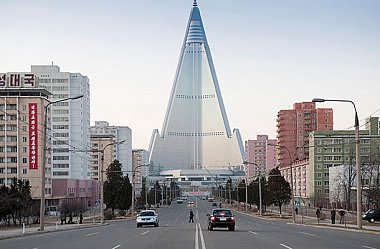
The few New Zealanders who have visited North Korea confirm it is spectacularly beautiful, especially its towering mountains. It has great potential for tourism, but don't expect to go to pick your souvenirs anytime soon, because the reclusive Democratic People's Republic of Korea (DPRK), crippled from within by its Stalinist-style politics and failed economy, doesn't welcome visitors.
Dr Tim Beal, secretary of the NZ-DPRK Society, has been there twice, most recently in mid-2001. He says the capital, Pyongyang, is beautiful, with wide roads and few cars. The streets are lined with imposing, old-style socialist architecture.
"It has fine gardens and a river running through it. Part of [the charm] is the lack of traffic, of course, which has destroyed [the South Korean capital] Seoul. Pyongyang is much more pleasant with trees and public buildings, a lot of which are over the top by our standards in style and size."
However, since the economic collapse a decade ago, few new buildings have gone up and others remain unfinished.
Poverty and hardship have become the norm. Electricity, where available, is irregular, spare parts for machinery are in short supply or non-existent, there is a shortage of food, and things fall apart.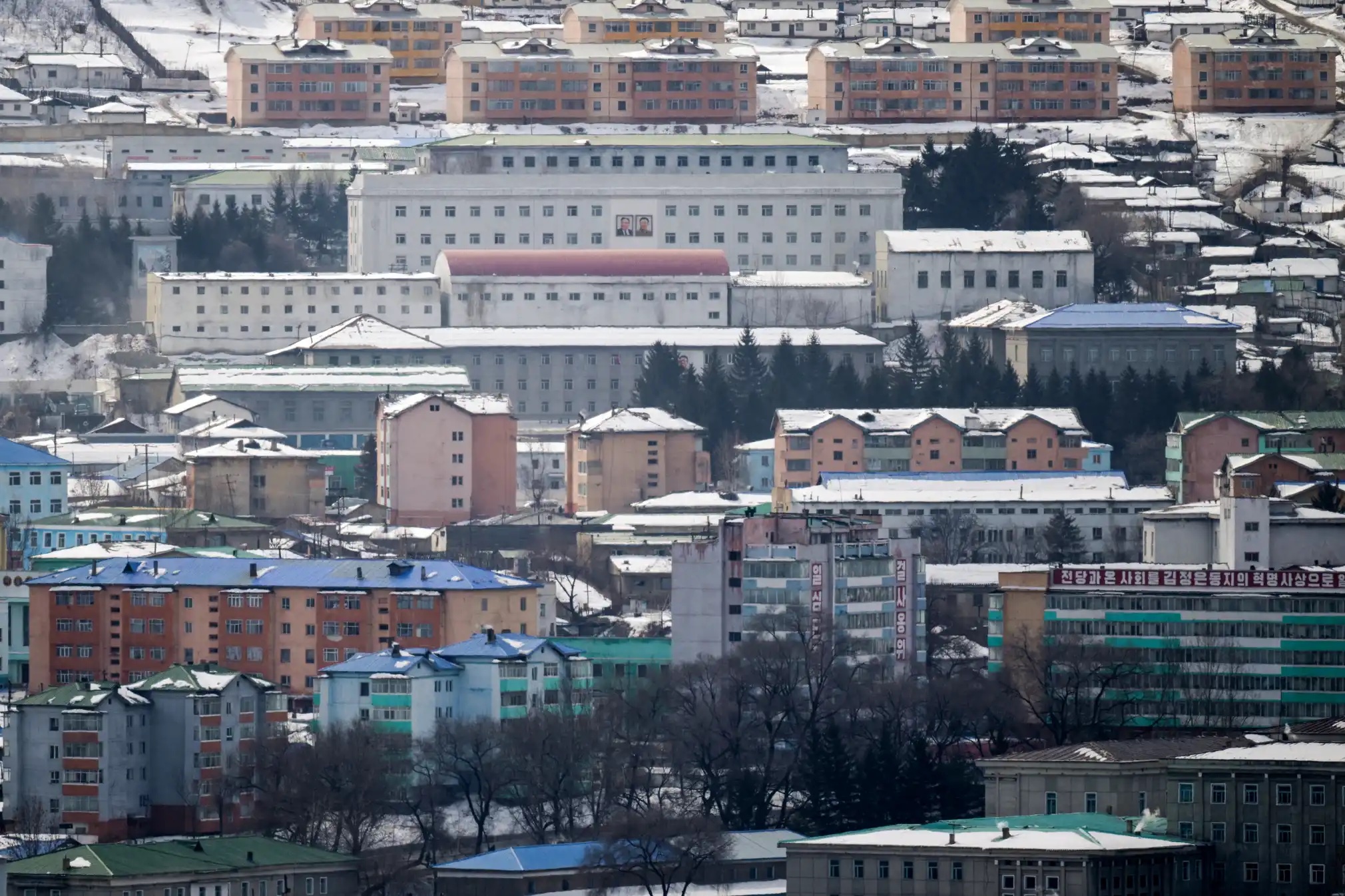 "There's nothing new in North Korea. It's all like stepping back 30 years, and everything is run down," says one visitor who prefers to not to be named.
"There's nothing new in North Korea. It's all like stepping back 30 years, and everything is run down," says one visitor who prefers to not to be named.
"There is a total lack of any enterprise. The people go completely by the party rule, and [the late] Kim Il Sung is still greatly revered.
"The only political comment I heard in the four days I was there was when we were leaving. One of our guides said, 'You know, we have one or two problems with the Americans'. That was the only statement which could be construed as propaganda.
"But there is no freedom. There's nothing we can equate to in our society. The lighting at night was so dim I needed a torch to read by."
Our ambassador to the two Koreas, David Taylor, who has an office in Seoul, says Pyongyang has a Parisian quality with wide boulevards and rivers but the offices, hotels and people's accommodation appear drab because there are no neon lights or billboards.
"All that colour you take for granted in Seoul or Auckland is lacking. Erratic power supplies don't allow it to run much lighting, so that makes the city look duller than it might otherwise do."
Not many tourists go to Pyongyang. It is an invitation-only city and the few who get there find freedom of movement restricted and are almost invariably accompanied by at least one "guide". Photographs are sometimes permitted but cellphones may be confiscated at the airport.
Roy Ferguson, New Zealand's first ambassador to North Korea in August 2001, said on the eve of his first visit: "It is probably the most closed society in the world in terms of what the average person knows."
Taylor, who took up his three-year appointment in April, visited the North in September to present his credentials to the president of the Presidium of the Supreme People's Assembly, Kim Yong Nam, No 2 in the North Korean hierarchy.
He also met the foreign minister, minister of trade, head of committee for cultural relations with foreign countries, and had working-level discussions with the foreign ministry.
Such dialogue - albeit politely diplomatic and non confrontational - is important to an ongoing relationship with this remote and mysterious country. It has nothing to sell us and no money to buy our produce. But dialogue is important to keep North Korea within the diplomatic community.
Taylor also visited a hospital serving a town of 92,000 near Pyongyang. "The operating theatre didn't have running water, there was poor lighting, deteriorating tile work, an old operating table and washed-out beer bottles to hold medicines.
"The pharmacy had three shelves with medicines - a couple were traditional Korean medicines and the other was aid-supplied - but they had no refrigeration.
"So there was a limited range of medicines, not much in the way of blankets, and apparently families have to bring food and help with nursing care when people are in hospital. In winter it must be extremely harsh.
"The Canadian Red Cross worker who was with us told us this was the second-best hospital she had seen outside Pyongyang."
At a local medical clinic, which served a town of 4000, there was a similar lack of facilities. If patients were referred to the main hospital they had to be taken by bicycle or in the co-operative's truck if it was working, "or they would just stop any passing vehicle to help out".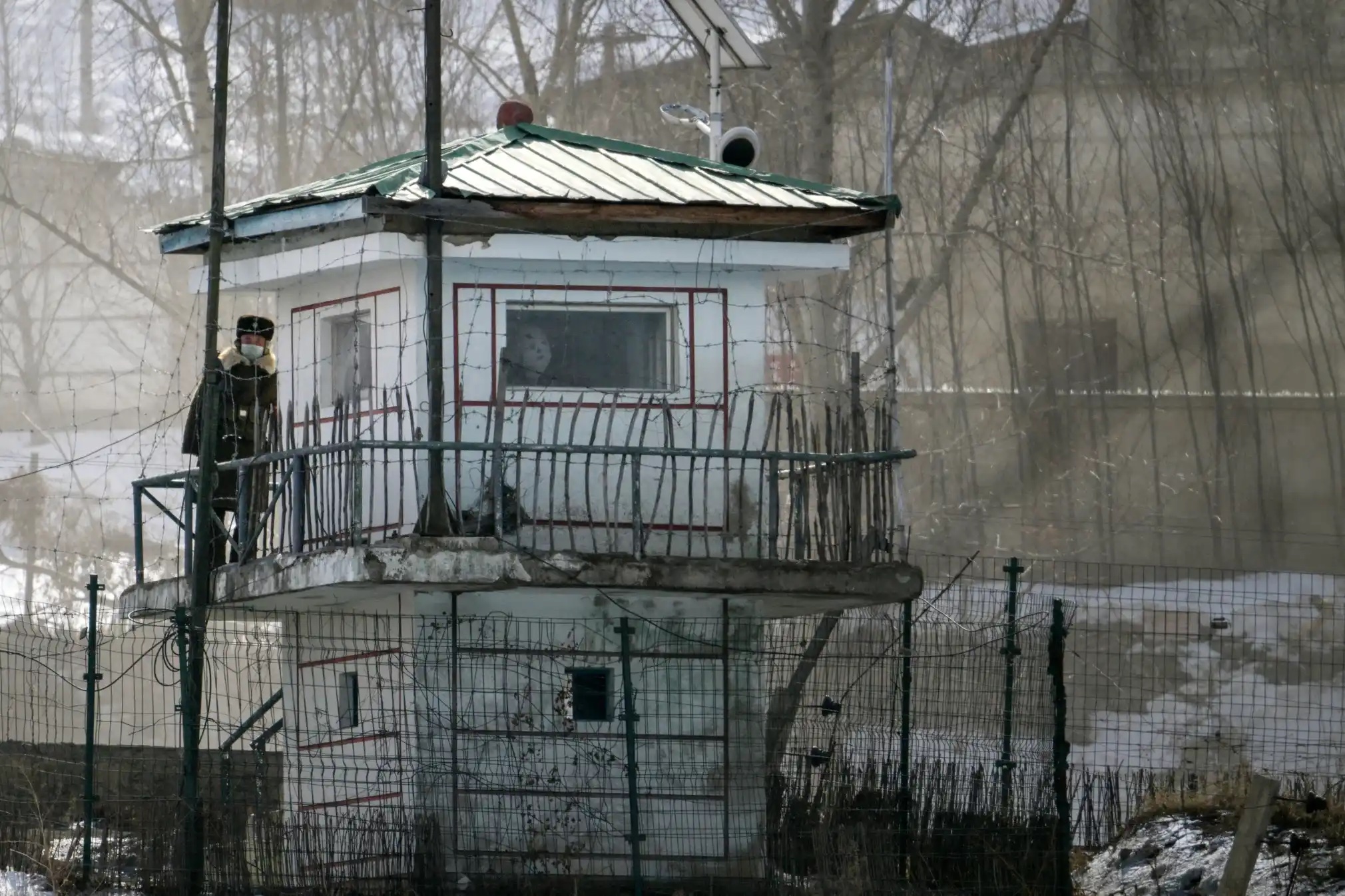 All who have been there agree the people are friendly and hospitable, although they lack curiosity about the outside world. Few government officials have travelled abroad.
All who have been there agree the people are friendly and hospitable, although they lack curiosity about the outside world. Few government officials have travelled abroad.
Given the history of the Korean peninsula it is not surprising the North has become known as "the Hermit Kingdom". Faced with repeated invasion by its Japanese and Chinese neighbours, Korea developed a policy of isolation and for more than 500 years - from 1392 until the Japanese occupation - foreigners were mostly forbidden to enter the peninsula.
After World War II when Korea was divided, northern president Kim Il Sung reverted to a Stalinist-styled isolationism, a policy pursued by his son, Kim Jong Il.
With the collapse of the Soviet Union, one of North Korea's few allies and a major trading partner, the country's economy withered. Droughts meant food shortages developed into famines.
There have been some small economic gains recently, says Beal, who runs a website on North Korea and regularly publishes the Pyongyang Report in the hope of building better relations between New Zealand and North Korea.
"I saw an improvement between 1998 and 2001 but things are pretty tough for ordinary people. The economic reforms launched in July revolve around a move away from subsidisation, increases in prices and wages, and a freeing up of economy.
"They know the only way out of the crisis is normalisation of relations with the United States and access to international investment and loans.
"The US is blocking these and access to the IMF and Asian-Development Bank because they still have North Korea on their terrorism list. There are some joint ventures with the South but they find it difficult to do business with the outside world."
Despite the economic climate the people have been loyal to Kim Jong Il, due in part to the cult of personality surrounding him, and "clearly a strong security apparatus which would deal very strongly with any demonstrations, for example," says Taylor.
"Mainstream thinking here [in the South] is that the administration is in control and as long as Kim Jong Il lives there is no worry about a total collapse.
"But it's not possible as a foreign observer to speculate. No one knows really. They are highly intelligent and watch extremely closely what is said externally. I wouldn't be surprised if they are reading the articles which have been in the Herald."
Taylor notes the North Koreans are warm and generous hosts, often more curious about South Korea than the rest of the world. They want a unified Korea and there have been significant contacts since the South's president, Kim Dae-jung, instigated his "Sunshine policy" to encourage dialogue.
"There are now a lot of visits to the North by business people, civic groups, academics, sportspeople and others," says Taylor. "And growing numbers from there coming here. Recently they sent a 300-person team to the Pusan games and a senior-level economic group spent a long time travelling around. That wouldn't have happened five years ago.
"Everyone here would like a rapprochement. The concerns are the nuclear standoff lasting long term and that security will deteriorate. That will have an impact on tourism and investment, and the [South's] economy is reliant on investment to keep performing.
"People are conscious if there's a complete collapse in the North there will be a big cost to the South."
And with Japan, Russia, China and the US all involved and equally nervous, perhaps the world as well.
.
Note: In the mid Nineties I applied twice to visit North Korea and never received a response. When I mentioned this to someone from the Asia-New Zealand Foundation (now called Asia 2000 I think) he laughed and said there was no way I would be able to go. A few years previous I had written an unflattering piece about the country (in which I referred to its "cryogenically-frozen Stalinism") and my writing had been monitored ever since.

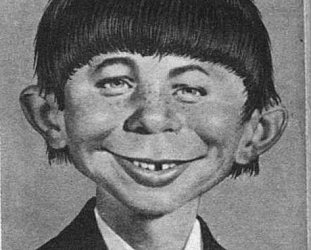
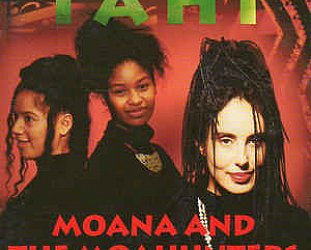

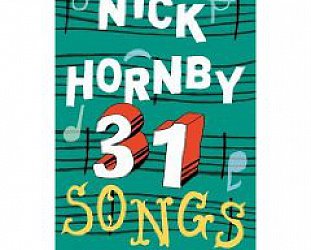
post a comment